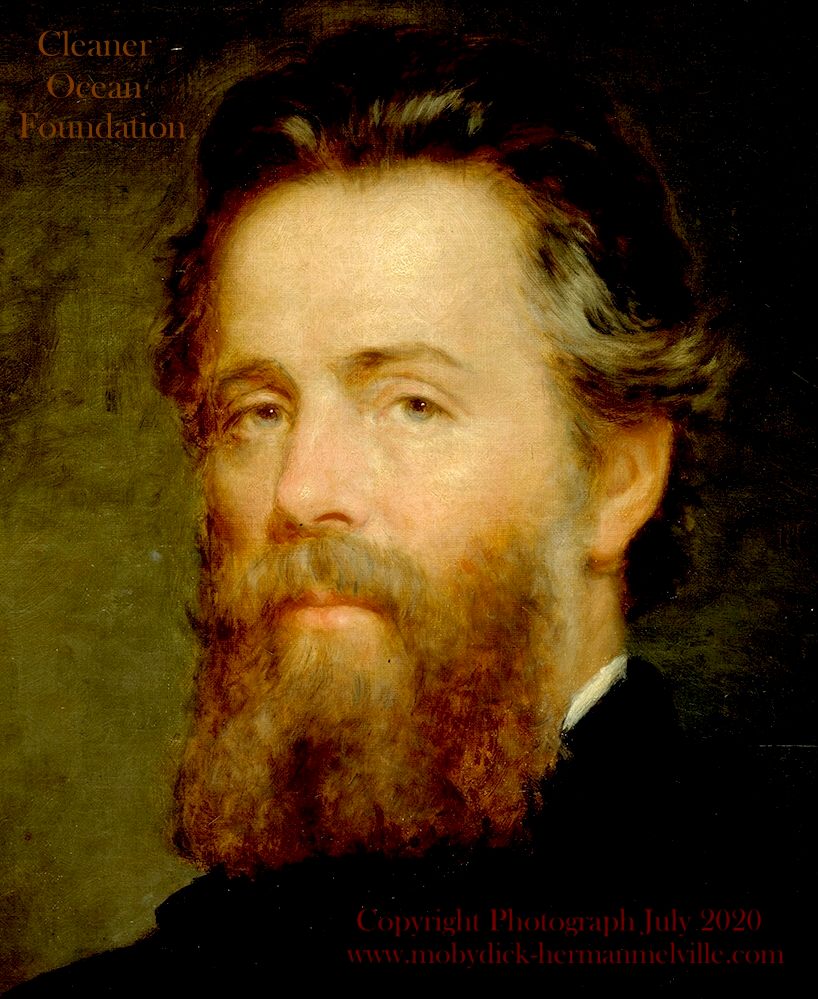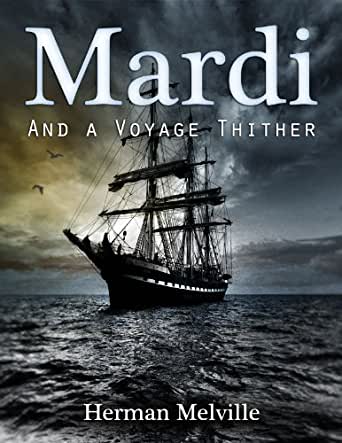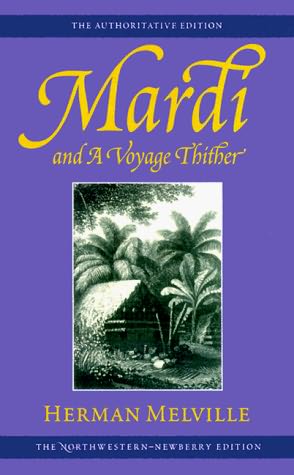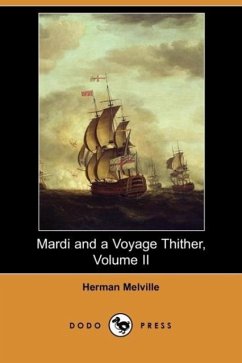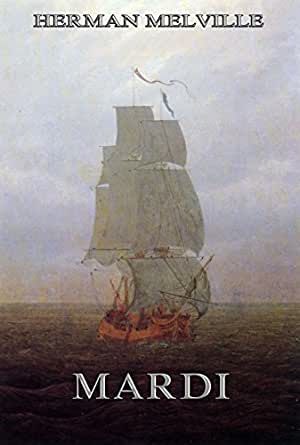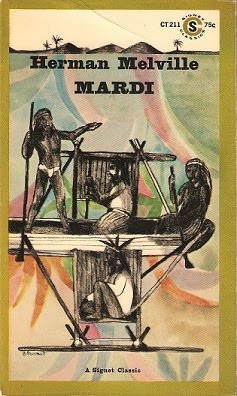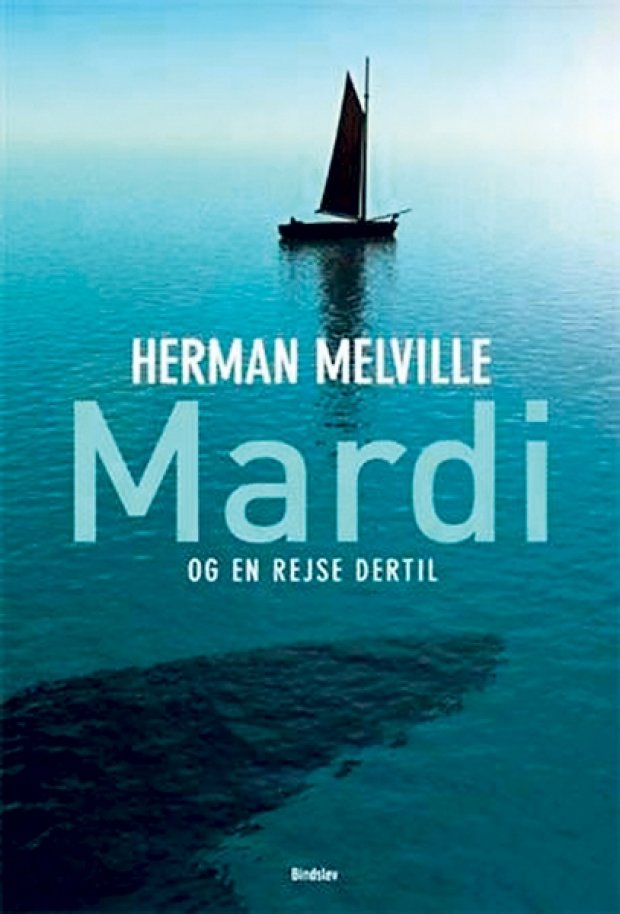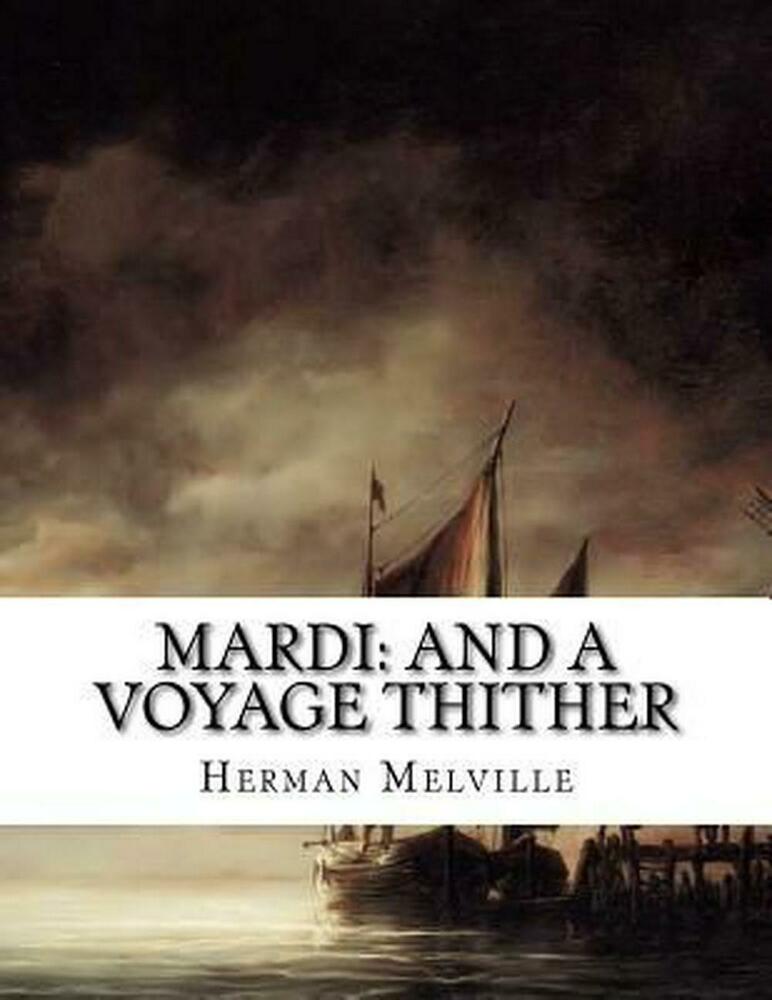|
MARDI - AND A VOYAGE THITHER
Please use our A-Z INDEX to navigate this site
|
Herman Melville was the author of a novel abut what we'd now consider an illegal activity; the commercial hunting of whales for oil and meat. In capturing the whaling industry at its peak, showcasing the rebellious white whale, in our view he was lobbying for the whales, the innocent victims in his story. Following his death in New York City in 1891, he posthumously came to be regarded as one of the great American writers.
Herman Melville was born in New York City on the 1st of August 1819. He died on the 28th of September 1891. He was an American novelist, short story writer and poet of the American Renaissance period. Among his best-known works are Moby-Dick (1851), Typee (1846), a romanticized account of his experiences in Polynesia, and Billy Budd, Sailor, a posthumously published novella. The centennial of his birth in 1919 was the starting point of a Melville revival, when Moby-Dick began to be considered one of the great American novels.
MARDI
Mardi, and a Voyage Thither is the third book by American writer, first published in London in 1849. Beginning as a travelogue in the vein of the author's two previous efforts, the adventure story gives way to a romance story, which in its turn gives way to a philosophical quest.
The tale begins as a simple narrative, but quickly focuses upon discourse between the main characters and their interactions with the different symbolic countries they encounter. While not as cohesive or lengthy as
Moby-Dick, it shares a similar writing style as well as many of the same themes.
MOBY DICK - OUR FAVOURITE
Herman
Melville's Moby
Dick, is the story of a great white sperm whale that fought back at
whalers who tried to harpoon him. The idea came to Herman Melville after
he spent time on a commercial whaler, where stories abounded of the
sinking of the Essex in 1821 and Mocha
Dick, a giant sperm whale that sank around 20 ships, before being
harpooned in 1838.
LINKS & REFERENCE
https://melvillesociety.org/ http://melville.org/
Please use our A-Z INDEX to navigate this site
|
|
This website is Copyright © 2020 Cleaner Ocean Foundation Ltd and Jameson Hunter Ltd
|
